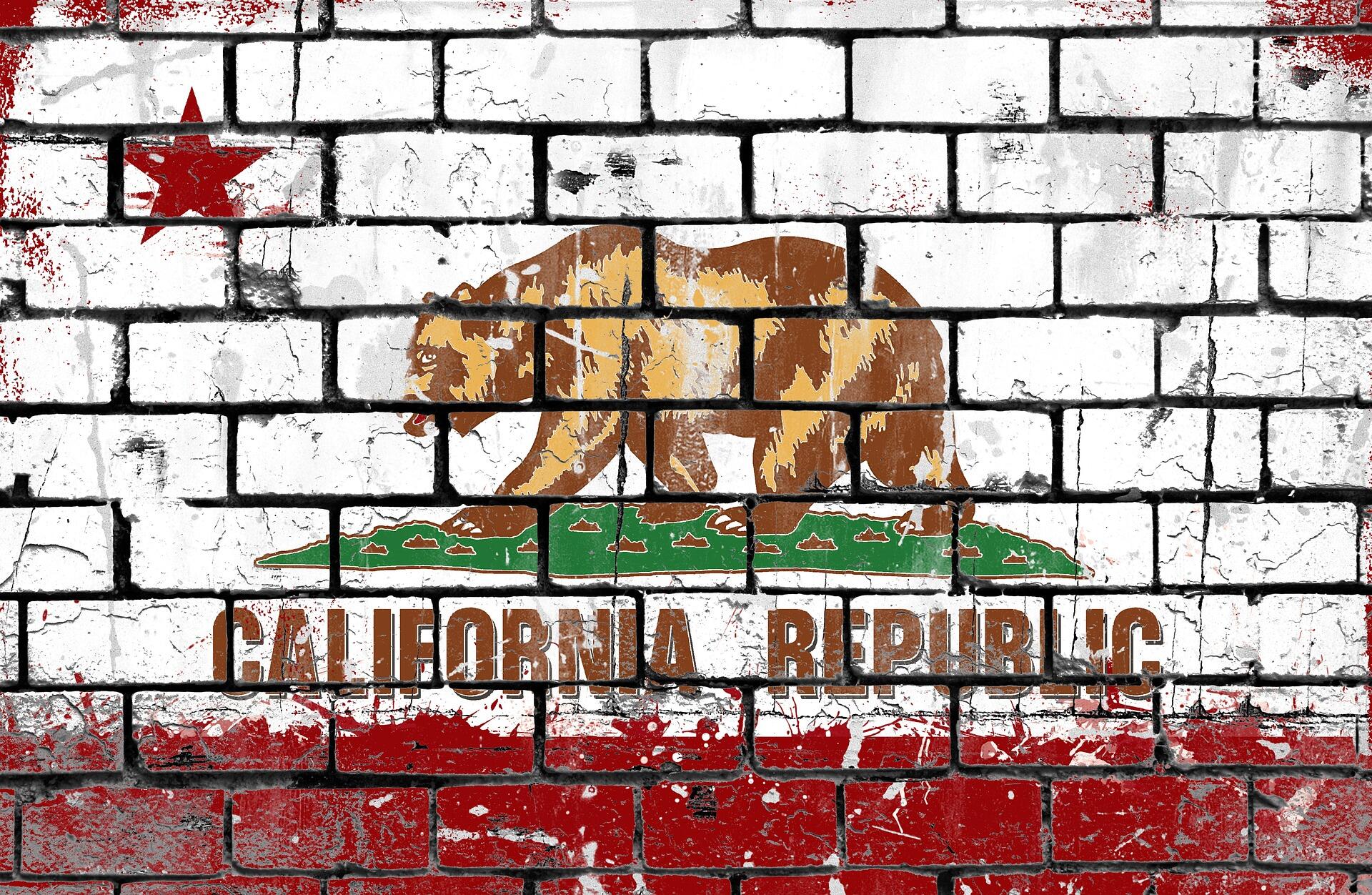Given that California is the largest sub-national economy in the world, mounting talk of it becoming a separate country would be devastating to the United States economy and potentially liberating for the west coast state in equal measure.
While talk of California seceding from the union may be considered implausible by many, the movement to do so is gathering momentum.
Like fine brandy, Californians have been mulling over self-government for decades. Interest in California exiting the union - dubbed Calexit – spiked in 2016 following President Donald Trump's first term in office.
Four years later, President Trump’s new administration has given new impetus to the state’s desired diaspora from the union and Calexit’s former president, Marcus Evans is again leading the charge to exit.
Ballot to exit
At face value, California's State Constitution doesn’t appear to provide a clear path for secession as an outcome. However, that didn’t stop a ballot measure last week receiving the green light from the California Secretary of State’s office to start gathering signatures for California to cut loose from the U.S.
According to guidelines recently tabled by the Economist, if at least 50% of registered voters participate in that election, and at least 55% vote “yes,” it would constitute “a vote of no confidence in the United States of America”.
A recent survey by YouGov suggests the state is closer to this figure than many imagine, with 29% of Californians already supporting secession from the U.S.
While the Federal Government appears to be under no obligation to respect its outcome, the hurdles to becoming an independent country are equally convoluted.

Hurdles
For starters, qualifying for the state's 2028 ballot requires gathering 545,000-plus signatures, 5% of the total votes cast for governor in the November 2022 general election.
Assuming it can get the numbers, the following question would be placed on the November 2028 ballot: “Should California leave the United States and become a free and independent country?”
However, this outcome would be only one of numerous checks and balances to be met before independence could be granted.
This outcome would then trigger a 20-member $10 million commission that deliberates on whether California could govern as a separate country. There would also be an additional $2 million in annual funding from the state to ensure the commission keeps running.
Finally, California’s secession would require a constitutional amendment requiring approval from two-thirds of the states.
Why does California want out
By any measure, California’s gravitas as a U.S. state punches well below its global importance as a powerhouse economy. Firstly, Californian power brokers know the California economy is the largest in the U.S.
Secondly, if California were a separate country it would, according to International Monetary Fund data, be the world's fifth largest economy by GDP ($4.1 trillion), behind Germany (4.71 trillion) and ahead of Japan (4.07 trillion).
As the orchestrator of the Calexit movement, Marcus Evans described Trump's presidential election win in November as "an attack on everything California cares about" and argued that it strengthened the state's case for secession.
“We believe that now is the best time to Calexit… now we are better situated to make Calexit happen than in 2016,” Evans told CBS News.
President Trump received considerable backlash from Democrat-leaning Californians following the recent wave of fires that Trump criticised Governor Gavin Newsom’s administration for badly managing.
Trump also threatened to withhold federal aid to fire-stricken areas if state water management practices didn’t change.

Not just in California
Disillusionment with the country’s 50-state setup is not exclusive to California.
According to a survey of 35,000 U.S. adults conducted by YouGov last year, 23% of Americans would support the state they live in seceding from the U.S. and becoming an independent country, while 27% remained unsure.
States expressing the strongest desire to secede were 36% for Alaska and Hawaii respectively, and 31% in Texas. In 2024, the Texas Republican Party called for a referendum on the state becoming an independent nation.
Last December, the pro-independence Texas Nationalist Movement handed over a 140,000-strong petition to the state's Republican party, calling for a referendum on secession. However the petition was rejected because many signatures were invalid.
